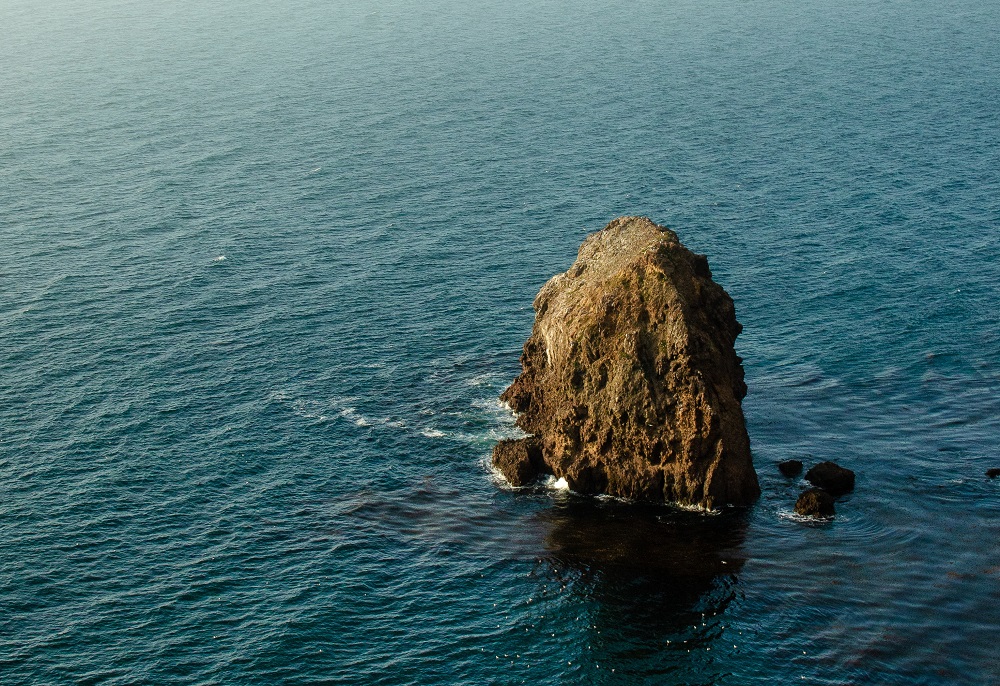
NordstrandBlack PC, like many others, was shocked and horrified by the September 2nd fire aboard the dive boat Conception, which claimed 34 lives and shattered countless others. Flames swept through the 75-foot vessel around 3:30 a.m. in Platt’s Harbor off Santa Cruz Island, and only five crew members, who were sleeping above deck, escaped. Rescuers were not able to breach the hull of the boat due to the intensity of the blaze, and it sank by morning. Our Santa Barbara boating accident attorneys have reviewed the facts.
The vessel, owned by Truth Aquatics, Inc., had been chartered by Worldwide Diving Adventures for a three-day trip off the Channel Islands. The victims included high school students, teachers, scientists, photographers, and the co-owner of the tour company, many of them divers and ocean enthusiasts. Our hearts go out to their families, and there are several GoFundMe campaigns set up that we encourage you to give to if you desire.
In the immediate aftermath of the fire, Truth Aquatics filed a petition in federal court, denying monetary liability for the disaster. Legal commentators have noted that with this move, they make it harder for the victims’ families to successfully file for wrongful death compensation in state court.
Truth Aquatics has shut down tours indefinitely, as the National Transportation Safety Board (NTSB); the Bureau of Alcohol, Tobacco, Firearms and Explosives; the FBI; the U.S. Coast Guard; and the U.S. Attorney’s Office in Los Angeles are conducting multiple investigations. Criminal charges may be filed against the crew based on an 1838 seaman’s manslaughter statute, passed by Congress in response to steamship fatalities. This law calls for up to 10 years in prison for any “captain, engineer, pilot, or other person employed on any steamboat or vessel, by whose misconduct, negligence, or inattention to his duties on such vessel the life of any person is destroyed.’’ The standard of guilt is much lower for these criminal charges, similar to a civil trial.
The NTSB, which was appointed the lead federal agency for this “major marine casualty,” said in its preliminary report that the fire broke out when all six crew members were sleeping. If true, this would be in direct violation of the Conception’s Certificate of Inspection, issued by the Coast Guard, which required a night watch when the vessel was carrying sleeping passengers. No cause has yet been named for the source of the flames, but rumors are circling that it was electrical in nature.
Though the Conception passed a Coast Guard inspection in February, and the electrical system met federal guidelines, experts interviewed by the Los Angeles Times said “…frayed, loose or improperly connected wiring behind the walls could have ignited a fire. The volume of device batteries being charged could also have overloaded the wiring, causing it to heat up and start the blaze. While many systems are designed to shut down when overloaded, sometimes the wiring cannot handle the capacity.”
In the wake of the fire, the Coast Guard has issued a warning for boat owners to “reduce potential fire hazards and consider limiting the unsupervised charging of lithium-ion batteries and extensive use of power strips and extension cords.”
The design of the boat, the crew members’ response, and the existing safety regulations will be reviewed to see how the disaster could have been avoided. The Conception, unlike many diving boats with metal hulls, had a wood-and-fiberglass construction, a tightly cramped sleeping space, and a hard-to-access escape hatch, which may have contributed to this tragedy.
Meanwhile, one surviving crew member, who broke his leg while escaping from the burning vessel, is suing Worldwide Diving Adventures, Truth Aquatics, Inc., and its owner. He claims he and other crew were not properly trained, that the company failed to inspect the vessel, and that the company did not provide adequate safety and medical equipment. This civil suit is separate from any criminal charges that may arise from the investigation, and it is ongoing.
Like everyone else, NordstrandBlack PC is waiting anxiously to find out what went wrong. In the meantime, we urge boaters to exercise caution. Other unexpected dangers at sea include carbon monoxide poisoning from faulty equipment, and electrical injury. The federal equipment requirements for boat owners are minimum and do not guarantee safety.
California does not mandate liability insurance for boaters, but many harbors require it, and most commercial enterprises do have insurance to protect themselves. If you have a legal question about an injury you received while boating, please call (805) 962-2022 to speak to our personal injury lawyers.
Additional Information:
U.S. Coast Guard: Boating Regulations
A Boater’s Guide to the Federal Requirements for Recreational Boats
NTSB: Preliminary Report for the Conception Fire